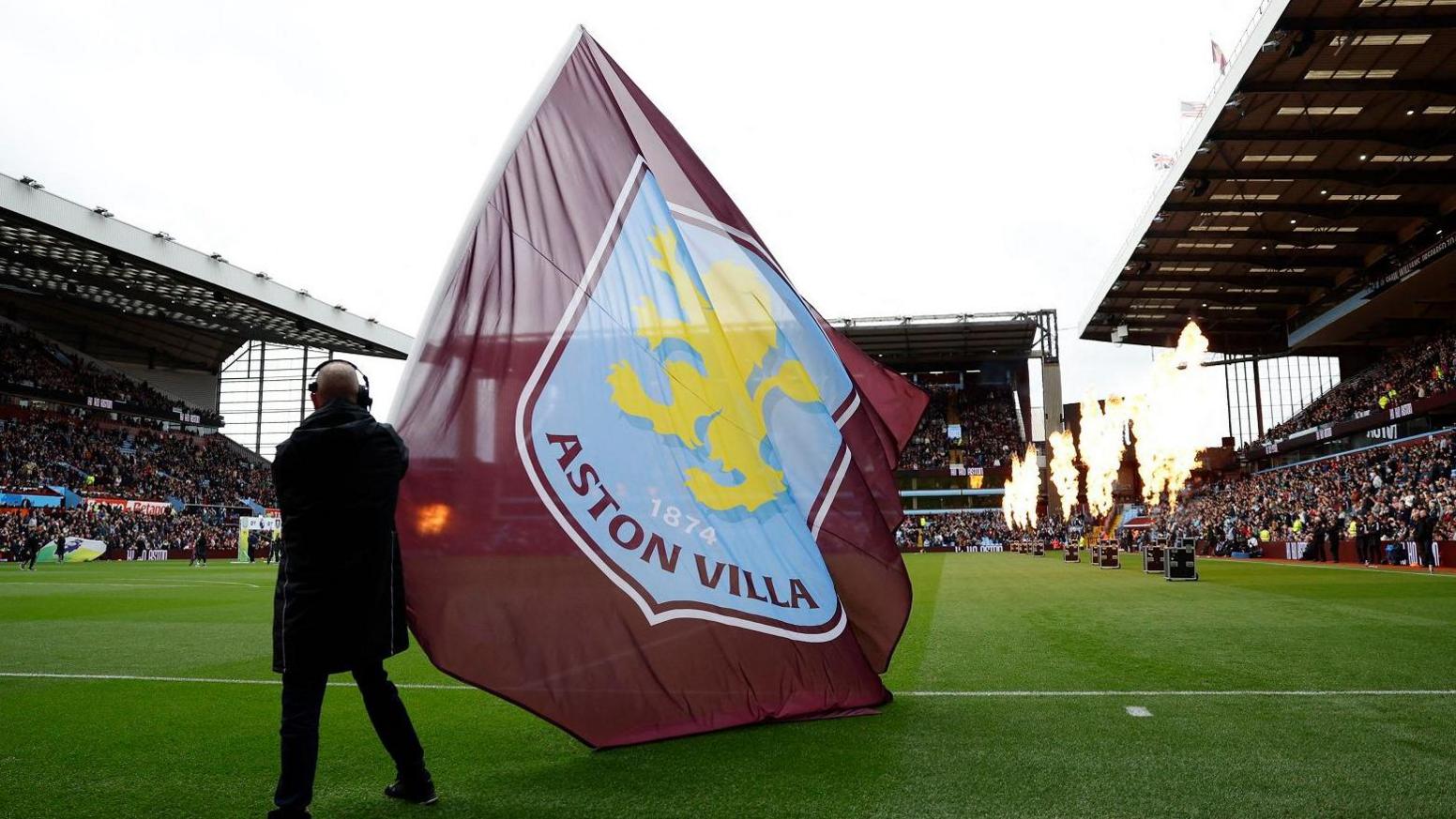Maccabi Tel Aviv’s Ticket Refusal: Safety First Amid Villa Clash
Key Points
- Maccabi Tel Aviv’s ticket refusal for their Europa League match against Aston Villa on November 2025 prioritizes fan safety, despite potential reversal of a UK fan ban.
- The Safety Advisory Group’s initial ban on Maccabi fans, citing security risks, sparked backlash, including from UK Culture Secretary Lisa Nandy.
- Past violent incidents, like the 2024 Ajax-Maccabi clashes and a canceled Tel Aviv derby, inform Maccabi’s cautious stance.
- UK government pledges resources to ensure safe attendance, but Maccabi remains firm on declining tickets.
- The controversy highlights rising antisemitism concerns and the challenge of balancing sport with security.
A Stand for Safety
Maccabi Tel Aviv’s ticket refusal for their November 2025 Europa League clash with Aston Villa underscores a commitment to fan safety amid heightened security fears. Despite UK efforts to reverse a fan ban, the club’s decision reflects deep concerns rooted in recent unrest.
Navigating a Complex Issue
Maccabi Tel Aviv’s ticket refusal highlights the delicate balance between football’s passion and the imperative of ensuring supporter safety in a tense geopolitical climate.
Maccabi Tel Aviv’s Ticket Refusal: Prioritizing Safety Over Villa Match
A Bold Decision Amid Controversy
On October 20, 2025, Maccabi Tel Aviv announced their ticket refusal for the upcoming Europa League match against Aston Villa in Birmingham, scheduled for November 2025. Despite potential UK government intervention to overturn a Safety Advisory Group (SAG) ban on their fans, the club prioritized safety. “The wellbeing of our fans is paramount,” their statement read, citing “hard lessons learned” from past incidents. A fan tweeted, “Maccabi Tel Aviv’s ticket refusal shows they’re putting safety first.” This move casts a shadow over a highly anticipated fixture, emphasizing security over sporting tradition.
Roots of the Fan Ban
The controversy began when the SAG, responsible for event safety, banned Maccabi fans from attending, citing West Midlands Police’s “high risk” assessment. This decision, announced on October 16, 2025, drew criticism from UK Culture Secretary Lisa Nandy, who pledged resources to enable fan attendance. The police’s concerns stemmed from violent clashes during a 2024 Ajax-Maccabi match in Amsterdam and a canceled Israeli derby on October 12, 2025, due to riots. These incidents fueled Maccabi Tel Aviv’s ticket refusal, reflecting fears of repeated unrest in Birmingham.
Government and Political Response
UK officials, including Nandy and Prime Minister Keir Starmer, condemned the ban as unfair. Nandy, on October 20, 2025, linked the issue to rising antisemitism, referencing a Manchester synagogue attack that killed two men. She promised funding for policing to allow safe attendance, pending a revised police risk assessment. Starmer echoed, “We won’t tolerate antisemitism,” urging a solution. Despite these efforts, Maccabi Tel Aviv’s ticket refusal stands firm, prioritizing supporter safety over assurances, highlighting a gap between official optimism and the club’s caution.
Maccabi’s Cautious Stance
Maccabi Tel Aviv’s ticket refusal is rooted in recent violence. The canceled Tel Aviv derby against Hapoel, marked by public disorder, and the 2024 Ajax clashes, involving hate crimes, underscored real risks. “We hope circumstances change for a sporting environment,” the club stated, signaling openness to future travel but not for this match. Even Aston Villa acknowledged the tension, allowing stewards to opt out of the fixture due to safety concerns. Maccabi Tel Aviv’s ticket refusal reflects a pragmatic response to a volatile climate, prioritizing fan wellbeing over participation.
Broader Implications for Football
The saga raises complex questions for European football, balancing fan passion with security. Maccabi Tel Aviv’s ticket refusal underscores the impact of geopolitical tensions on sport, with antisemitism concerns amplifying the stakes. Nandy’s broader framing—tying the issue to societal challenges—highlights the match’s significance beyond the pitch. Social media buzzed, with one fan noting, “Maccabi Tel Aviv’s ticket refusal is a sad reality of today’s world.” The situation challenges UEFA and clubs to ensure safe, inclusive environments while navigating real-world threats.
Key Data: Maccabi Tel Aviv’s Ticket Refusal (October 20, 2025)
| Category | Details | Notes |
|---|---|---|
| Match Date | November 2025 | Europa League, Aston Villa vs. Maccabi |
| SAG Decision | Ban on Maccabi fans, October 16, 2025 | Cited high-risk assessment |
| Maccabi’s Response | Refused ticket allocation | Prioritizes fan safety |
| Past Incidents | 2024 Ajax clashes, 2025 derby cancellation | Violent unrest informed decision |
| UK Government Stance | Pledges policing resources | Nandy, Starmer oppose ban |
Looking Ahead
Maccabi Tel Aviv’s ticket refusal sets a somber tone for the Villa match, with fans absent despite potential UK efforts to reverse the ban. The club’s focus on safety reflects a broader challenge for football, balancing competition with security. Fans remain hopeful, with one tweeting, “Maccabi Tel Aviv’s ticket refusal is tough but understandable.” Future fixtures may see a return to normalcy, but for now, Maccabi’s cautious stance underscores the priority of protecting supporters in a turbulent world.
